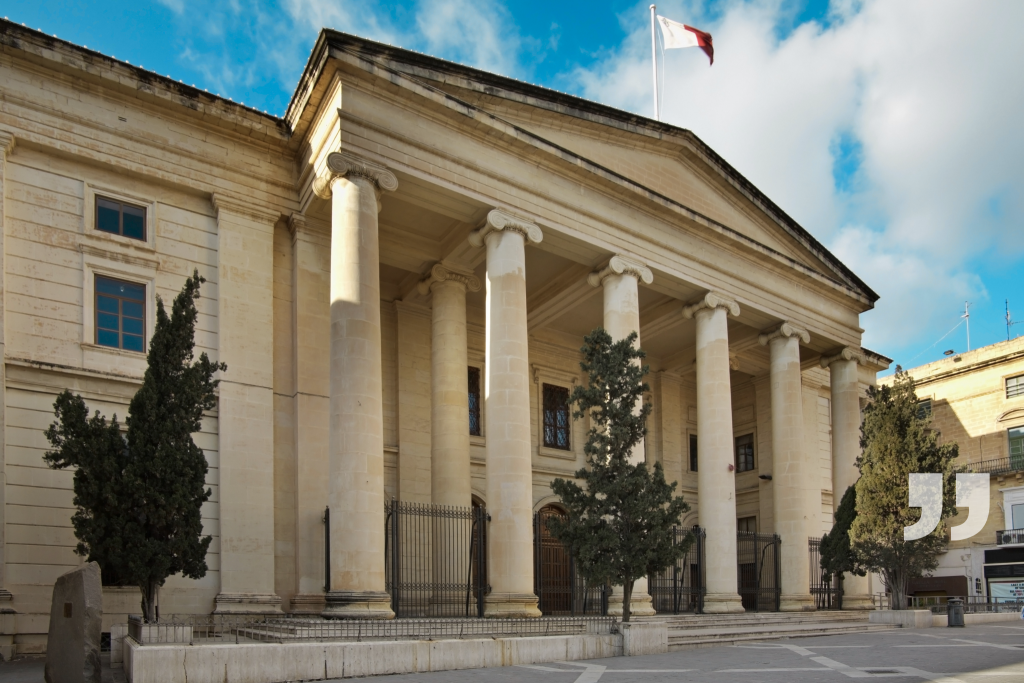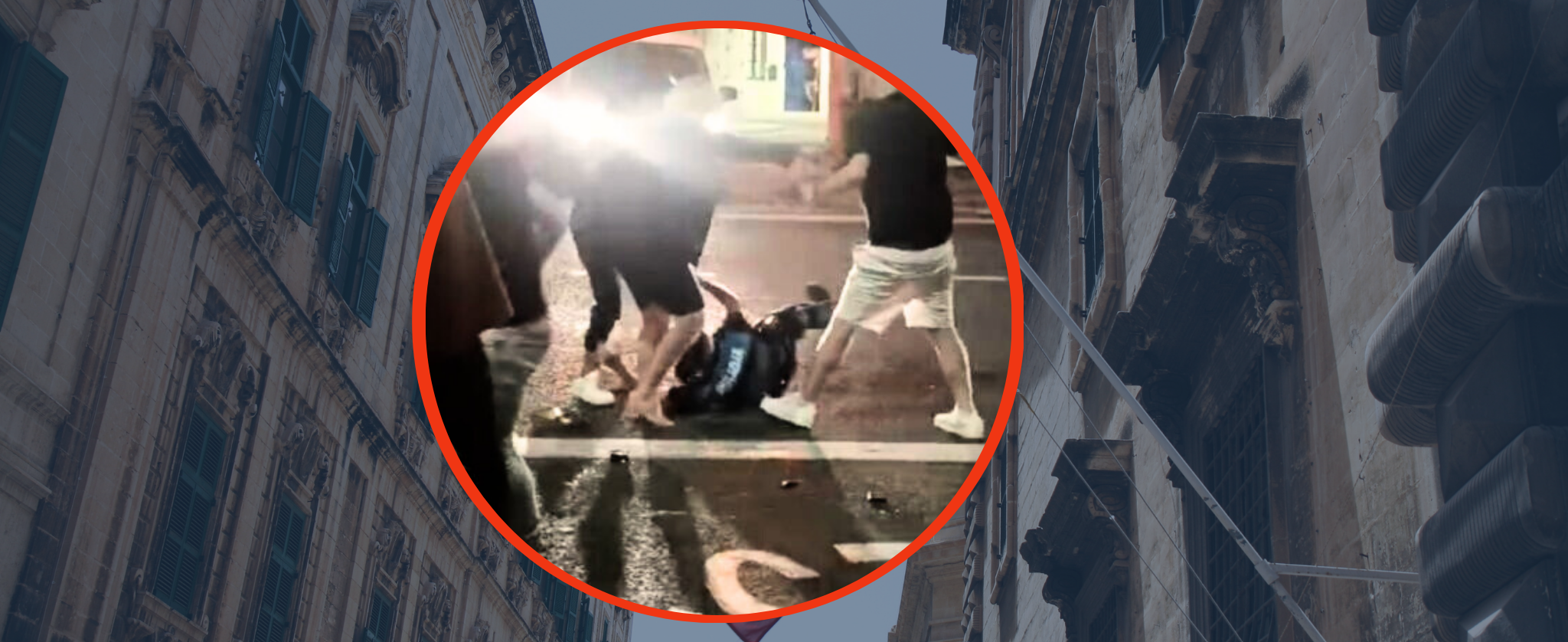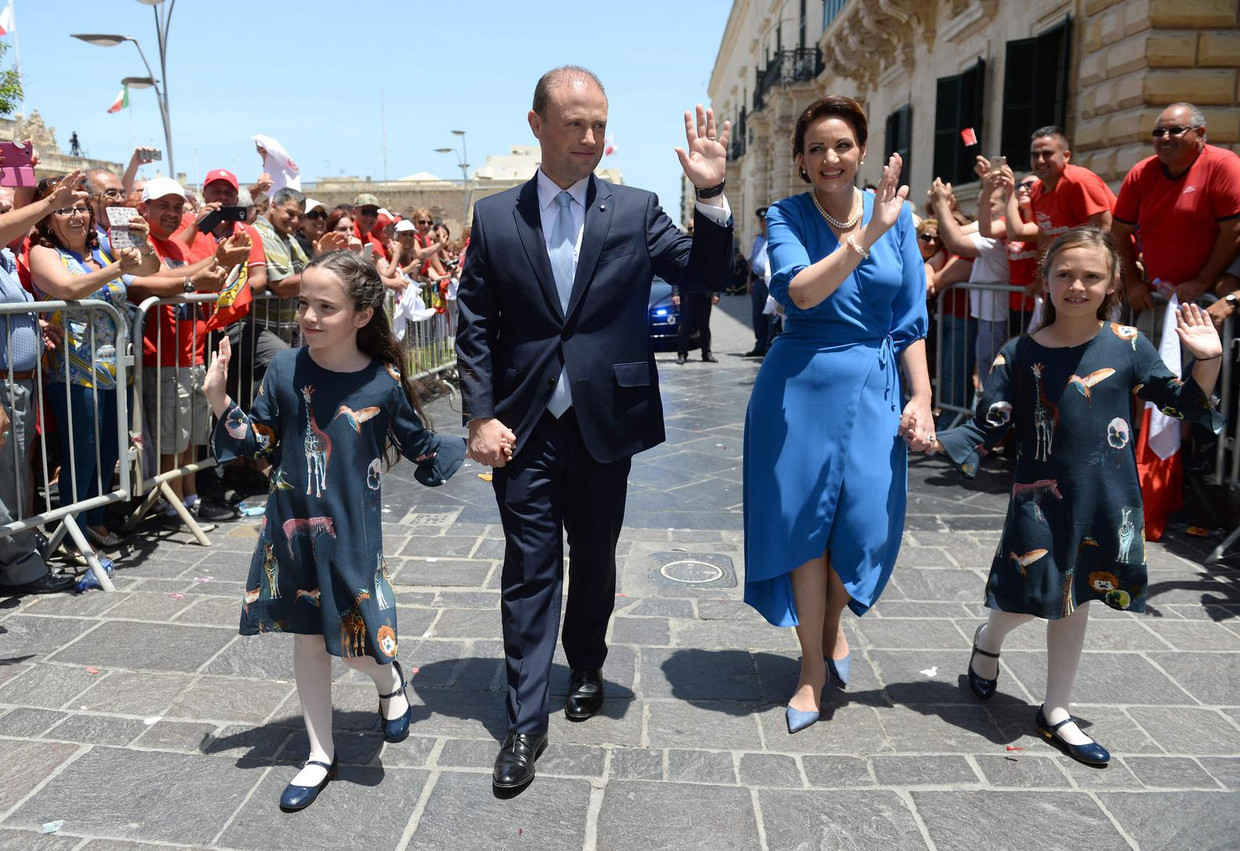The recent publishing of the Vitals Inquiry report by Malta today has sent shockwaves through Malta, exposing a web of corruption that permeated the concession to run several Maltese hospitals. While the Prime Minister attempted to downplay the issue, the report lays bare a series of problems that have deeply eroded public trust and resulted in the misuse of taxpayer funds. The 1,200-page document details a web of deceit and financial misconduct surrounding the concession granted to Vitals Global Healthcare (VGH) – and later Steward – to operate three major Maltese hospitals: St. Luke’s, Karin Grech Hospital, and Gozo General Hospital.
This article dives into the Vitals Inquiry, the problems it uncovers, and the ongoing fight for accountability in Malta.
The Vitals Concession: A Sham from the Start
In 2015, the Maltese government awarded a concession to VGH, a company with no the experience or capital to manage the hospitals concession. Alarmingly, despite concerns raised about the company’s financial stability and the backgrounds of its key players, the deal went through. This lack of oversight opened the door for significant abuse of public funds. The inquiry uncovered a web of suspicious financial activity, with millions of euros allegedly diverted for personal gain.
Mismanagement, Fraud, and Public Funds Misused
The Vitals Inquiry paints a grim picture of mismanagement and financial misconduct. Vitals and Steward failed to meet crucial deadlines and misused public funds entrusted to them. The report details fraudulent VAT refund claims and the use of complex offshore structures to hide misappropriated money.
Most disturbing is the apparent knowledge of these issues by those in power. The inquiry suggests that key government officials either participated in the corruption or turned a blind eye to it. This raises serious questions about accountability and the erosion of public trust.
Impact on Healthcare and Lack of Accountability
The mismanagement of the Vitals concession had a direct impact on the quality of healthcare services in Malta. Delayed projects and inefficient practices undermined patient care. The public outrage over this situation is understandable. Citizens entrusted their government to deliver essential healthcare services, and instead, they were defrauded.
The response from Prime Minister Robert Abela has been disappointing. He has downplayed the inquiry’s findings and focused on self-promotion, further eroding public confidence. This lack of accountability is fueling calls for resignation and a general election.
A Government Unwilling to Take Responsibility
The Prime Minister’s reaction to the Vitals Inquiry highlights a larger issue – a government seemingly unwilling to take responsibility for its actions. Dismissing the report and focusing on personal image shows a concerning detachment from the public’s concerns.
The Maltese people deserve better. They deserve a government that prioritizes transparency, accountability, and the well-being of its citizens.
Conclusion
The leaked Vitals Inquiry report exposes a dark chapter in Maltese governance. The document lays bare a web of corruption that wasted taxpayer money.
The road to healing requires decisive action. This includes:
- Resignation of those implicated in the scandal.
- Early elections to restore public trust.
- A thorough investigation and prosecution of those involved in the corruption.
- Measures to prevent similar abuses from happening again.
Malta’s future is at stake. Only by holding those responsible accountable and enacting strong anti-corruption measures can the country move forward and rebuild trust in its institutions.















